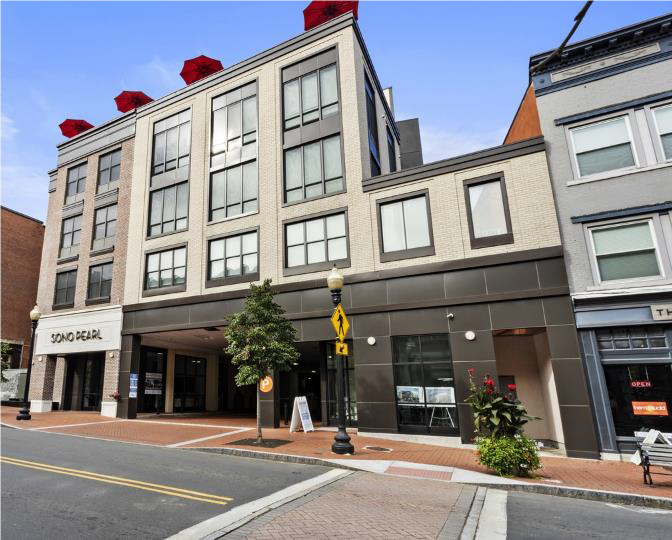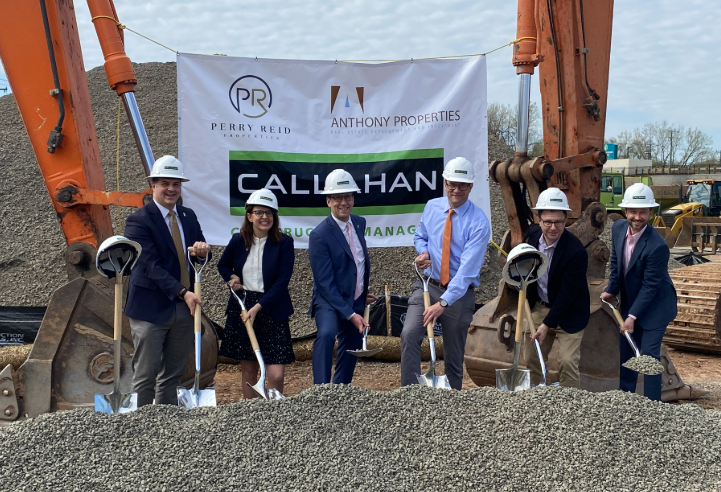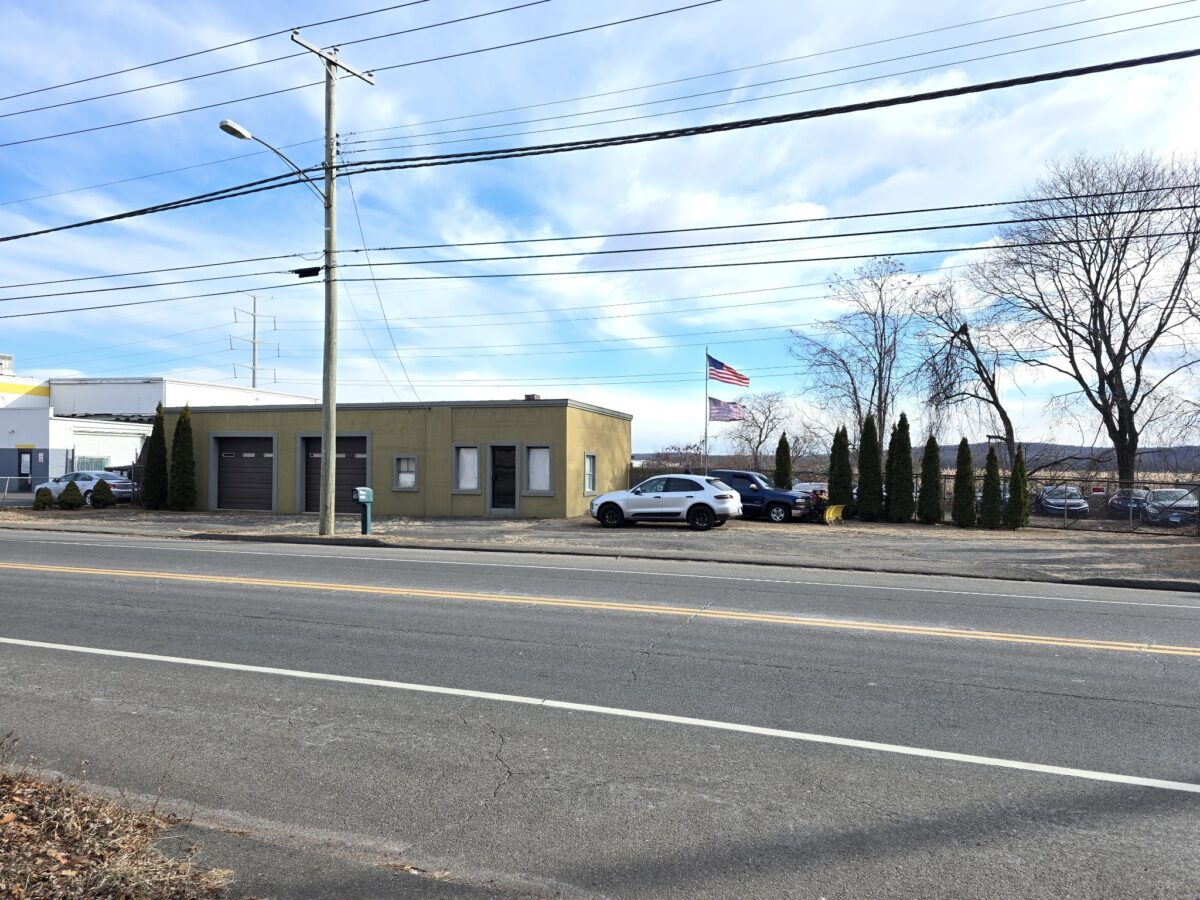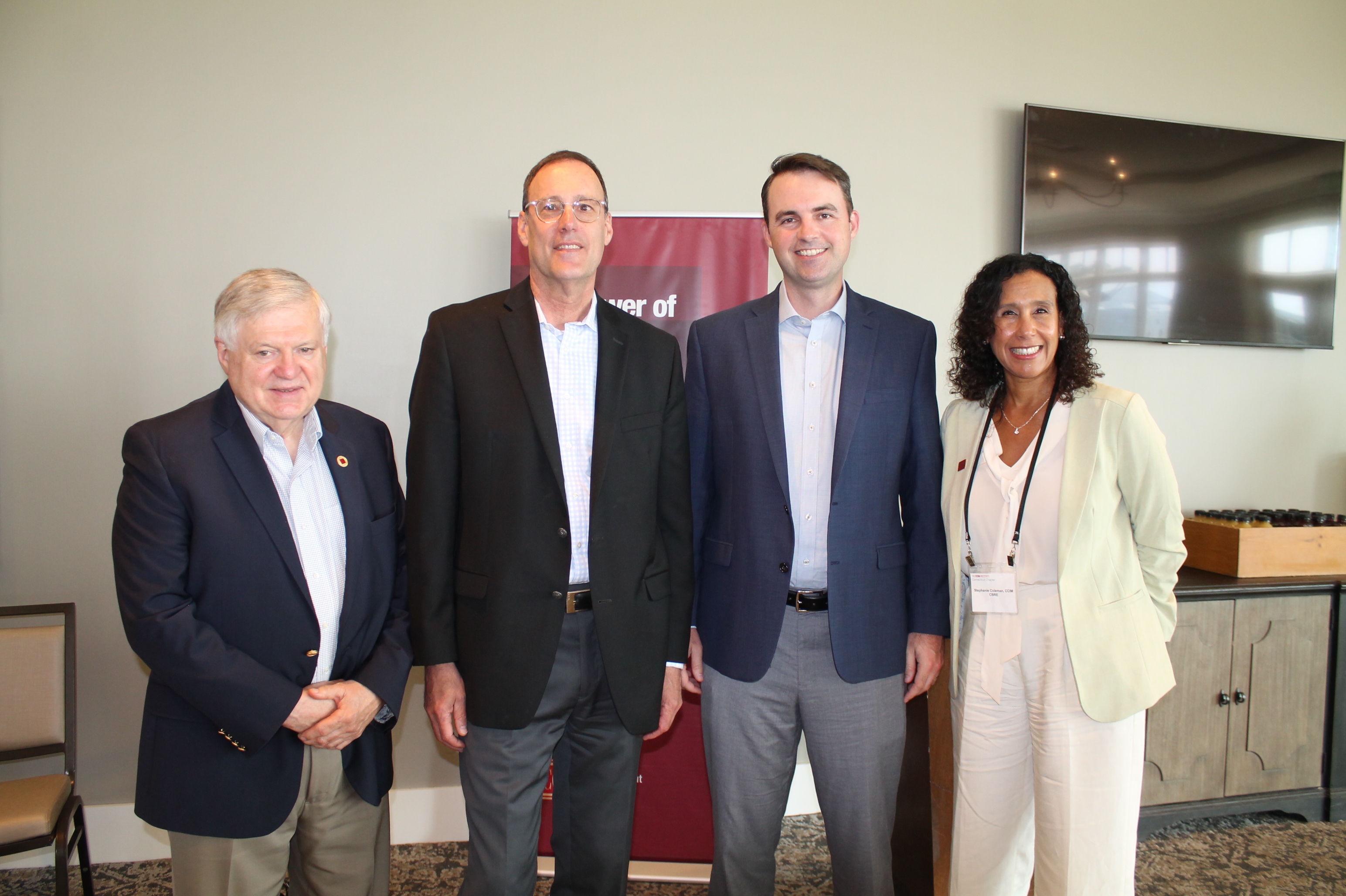News: Connecticut
Posted: November 20, 2014
Federal appeals decision broadens remedy for development of religious land uses
Increasingly, religious groups are seeking to reuse existing commercial properties and develop raw parcels of land for the purposes of establishing churches, mosques, synagogues and other places of worship. When met with resistance, they have sometimes resorted to seeking relief under the federal Religious Land Use and Institutionalized Persons Act (RLUIPA). Until the recent decision of the United States Second Circuit Court of Appeals in the case of Chabad Lubavitch of Litchfield Cnty., Inc. v. Litchfield Historic Dist. Comm'n, 768 F.3d 183 (2d Cir. 2014), with few exceptions, relief was limited by the courts to instances where either the municipal regulations or actions of officials were overtly biased against the religious use.
Historically, the circumstances giving rise to the adoption of RLUIPA and its language suggested that it was intended to provide relief when municipal officials could otherwise hide behind discretionary permitting processes to deny these religious land uses. Since remedies were already established for overt discrimination, one of the most important benefits of RLUIPA could be to provide a tool to overcome that discretion when the decision unreasonably burdens religious exercise. Regardless, several state and lower federal courts have found that no relief was available as long as the regulations themselves were neutral and did not expressly discriminate against religious land uses. It is quite unusual for a municipality to adopt a regulation that overtly discriminates against religious uses. A municipality using discretionary standards to block religious land uses would not be so surprising.
Chabad Lubavitch involved a building that was formally a residence near the Litchfield Green in Litchfield, Connecticut but more recently was used for commercial uses. The Chabad seeks to improve and expand the building into a synagogue and a Chabad house for use and worship by Hassidic Chabad Lubavitchers. On their face, the historic district regulations did not discriminate against religious uses but did afford the local historic district commission very broad discretion to deny proposed land uses based on general aesthetic grounds. Using those regulations, the town commission denied the application to expand the building into a synagogue. When the Chabad and its rabbi claimed that the town commission's decision had substantially burdened its religious land use rights, the district court ruled that no relief was available under RLUIPA because the regulations were neutral on their face. Subsequently, the Second Circuit Court of Appeals reversed and reached a very important conclusion, which many RLUIPA experts and the federal government believe is an essential element of RLUIPA: relief is available despite the absence of express discrimination contained in the regulations.
The Second Circuit Court of Appeals ruled that while the mere application of a neutral and generally applicable zoning law would not likely trigger RLUIPA, application of a zoning law that permits a governmental entity to consider the applicant's intended use of a property, applying at least partly subjective criteria on a case-by-case basis, likely would. It held that RLUIPA's substantial burden provision combats "subtle forms of discrimination" by land use authorities that may occur when "a state delegates essentially standardless discretion to nonprofessionals operating without procedural safeguards." Accordingly, when a governmental entity conducts a "case-by-case evaluation" of a land use application, carrying as it does "the concomitant risk of idiosyncratic application" of land use standards that may permit and conceal "potentially discriminatory" denials, RLUIPA applies.
Owners and developers of real estate seeking municipal permits for such religious land uses should be mindful of this important remedy when preparing and prosecuting land use applications or other municipal regulatory approvals that relate to the use of land. Although RLUIPA is only a judicial remedy, preparing a record before the agency in support of the religious land use would maximize the chance of obtaining the land use approvals from well-counsel municipal agencies without need for litigation.
Kenneth Slater Jr. is a partner at Halloran & Sage, Guilford, Conn.
Tags:
Connecticut
MORE FROM Connecticut
Highcap Group brokers $41.1 million sale of two building multifamily portfolio
Norwalk, CT Highcap Group has completed the sale of two luxury multifamily properties with a total of 120 units for a combined purchase price of $41.4 million.







.png)
